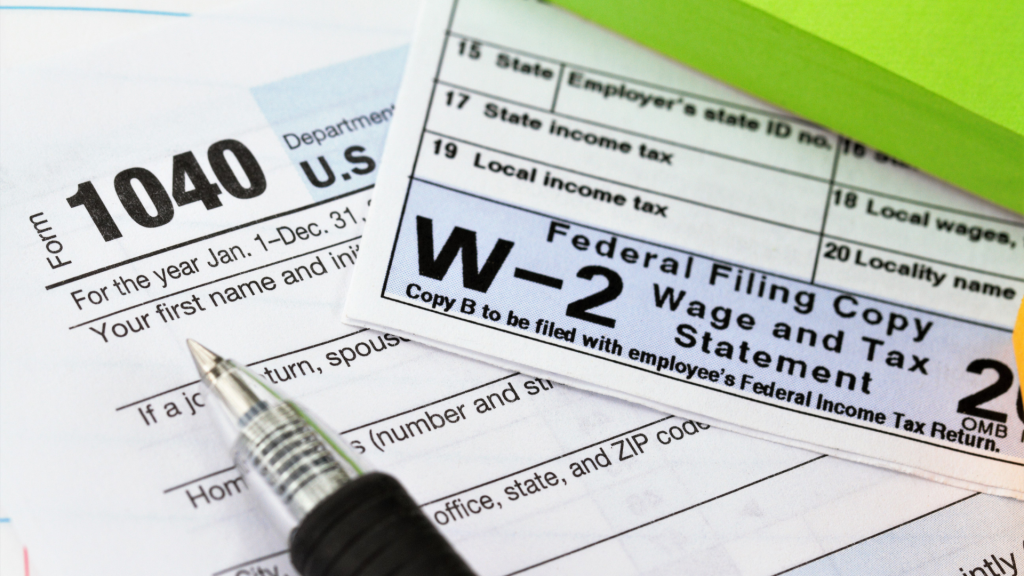An Introduction to Wealth Preservation
In the world of real estate investing, how you exit a deal is just as important as how you enter it. For many investors, the biggest hurdle to scaling a portfolio isn’t finding the next property—it’s the massive tax bill that comes from selling the current one.
When you sell an investment property, the government acts as a silent partner, ready to take a 30% to 40% cut of your appreciation and equity. The Section 1031 Exchange is the primary tool used by sophisticated investors to legally defer these taxes, allowing 100% of their capital to stay “in the game.”
This guide provides an overview of how the 1031 Exchange works, why it’s the cornerstone of long-term wealth building, and the fundamental rules you need to know before your next sale.
What is a 1031 Exchange?
Named after Section 1031 of the Internal Revenue Code, a 1031 Exchange—also known as a “like-kind” exchange—allows an investor to sell an income-producing property and reinvest the proceeds into a new property of equal or greater value while deferring all capital gains taxes.
By utilizing this strategy, you aren’t avoiding taxes forever; rather, you are “kicking the can down the road,” keeping your equity intact to purchase larger, more profitable assets.
Why Use a 1031 Exchange?
1. Maximize Purchasing Power
Without an exchange, a $1,000,000 gain could trigger a $350,000 tax bill (including federal gains, state taxes, and depreciation recapture). By using a 1031, you keep that $350,000 and use it as a down payment on your next acquisition, significantly increasing your leverage and total asset value.
2. Portfolio Consolidation or Diversification
The 1031 isn’t just about saving taxes; it’s about strategy. You can use it to:
- Consolidate: Trade three small rental homes for one large apartment complex.
- Diversify: Trade an urban office building for a portfolio of suburban single-family rentals.
- Relocate: Move your equity from a stagnant market into a high-growth region like Wisconsin.
3. The “Swap ’til you Drop” Legacy
If an investor continues to exchange properties throughout their life, the tax liability remains deferred. Upon the investor’s death, heirs receive the property at a “stepped-up basis” to the current market value. This effectively wipes out decades of deferred taxes, allowing for the seamless transfer of generational wealth.
The Core Requirements (The “Safe Harbors”)
To successfully execute an exchange, the IRS requires strict adherence to several “safe harbor” rules:
- Like-Kind Requirement: The properties must be held for use in a trade, business, or for investment. Most real estate—from raw land to apartments—is considered “like-kind” to other real estate.
- The “Equal or Greater” Rule: To defer 100% of taxes, you must reinvest all net proceeds and purchase a replacement property of equal or greater value than the one you sold.
- The Debt Requirement: You must replace any debt you had on the old property with an equal or greater amount of debt on the new property (or replace it with fresh cash).
- Qualified Intermediary (QI): You cannot touch the money. A third-party QI must hold the funds in escrow from the time of the sale until the new purchase.
Navigating the 1031 Timeline
Timing is the most common reason exchanges fail. The IRS provides two strict, non-negotiable windows:
- The 45-Day Identification Period: You have 45 days from the day you close your sale to identify potential replacement properties in writing.
- The 180-Day Exchange Period: You must close on your new property within 180 days of the sale.
How TIK Properties Supports Your Strategy
A 1031 Exchange is a race against the clock. At TIK Properties, we help investors stay ahead of the deadlines through:
- Off-Market Inventory: We provide access to “pocket listings” and off-market multifamily opportunities, giving you a massive advantage during the 45-day identification window.
- ROI & Pro-Forma Analysis: We help you identify properties that don’t just “fit the exchange” but actually improve your bottom line and cash flow.
- Professional Network: We connect you with trusted Qualified Intermediaries (QIs) and tax advisors to ensure your paperwork is bulletproof.
Summary

The 1031 Exchange is the most powerful wealth-building tool in the real estate industry. It allows you to grow your portfolio faster, move your equity into better-performing markets, and protect your family’s financial future.
Are you considering a sale?
Don’t wait until you’re under contract to start your 1031 strategy. Contact TIK Properties today for an overview of current off-market opportunities and a referral to our network of exchange experts.
Disclaimer: TIK Properties does not provide legal or tax advice. Always consult with a qualified tax professional or CPA before initiating a 1031 Exchange.














